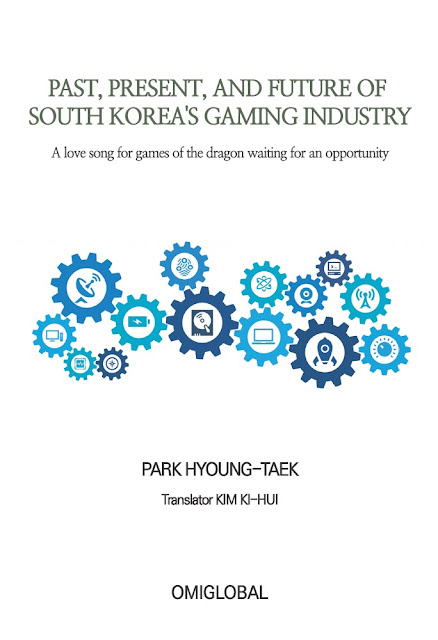泥中蟠龍's Game愛歌 [A love song for games of the dragon waiting for an opportunity] Dialectic of video game
泥中蟠龍's Game愛歌
[A love song for games of the dragon waiting for an opportunity]
Dialectic of video game
The dialectical method is a method of philosophical argument. Dialectics is to establish the truth resolving the contradiction through a discourse or argument between opposing forces holding different perspectives about a subject matter. It is a progression of three propositions—thesis, antithesis, and synthesis—in which the first opinion is followed by a second thought that denies the first, and the conflict between the two resolved by a third idea. It's largely discussed based on the development or progress.
The principles of the dialectical paradigm are often cited to explain the advance in a particular field. For example, cell phones have evolved over the years. In the early '90s, mobile phones were so large and heavy that they were often called brick. With continuous efforts to reduce the sizes, they were in users' pockets in the late '90s. As cellular phones were getting more portable, phone manufacturers came up with new features. Phones worked as a game console, camera, and an MP3 player. While the competition for better performance was heating up, phones had a camera from one million to four million megapixels and an MP3 player from 100MB to 1GB jukebox. Hand-held cell phones got heavy and large again due to their increased performance and additional functionalities. Since users consumed more and more content on their cellphones, the bigger-screen smartphone was first introduced to the market. The early version of the 3-inch smartphone was developed into a form of the large-and-heavy one because of the increasing number of applications. It's not hard to forecast that a high-portability product highlighting important functions will probably be released in the market shortly. This applies in various fields such as laptops, automobiles, and cameras as well as mobile phones.
How does it work in the gaming industry? Aside from their past histories, mobile games have been in the same situation for recent 2-3 years. Video game developers tried many different approaches to make an optimum game for mobile applications for the nascent smartphone market, which led to a variety of mobile games. And at one point, stable games proven in other devices were recognized in the market. For example, there was a role-playing game (RPG) and real-time strategy (RTS). In recent 1-2 years, they have been much more complicated with a wide range of improvements. A game user reaching a reasonable level of proficiency easily plays a stereotyped game. Developers keep trying to add new features to appeal to those users and a chosen function becomes a new stereotyped one. In this way, games are gradually difficult and complicated with various functions.
An excessively difficult game loses its customers little by little and only a few maniacs enjoy it. Recently, a game which has gone the opposite way is catching popularity. It's Clash Royale. The game, which drastically reduced complicated strategies from a popular hit Clash of Clans, focuses on the combat itself. It seems rather a tactic-centered game compared to the previous strategy game. The market has been always developed looking for the synthesis between thesis and antithesis. Clash Royale seems like the antithesis of the Clash of Clans. Now, it's time to suggest a new synthesis. I feel uncomfortable enjoying a role-playing game which makes me get tired due to too complicated rules and multiple features.
※ This is from Kyunghyang Games column by 泥中蟠龍 since September 2013.
(http://www.khgames.co.kr)
Translation by Kim Ki-hui


Comments
Post a Comment